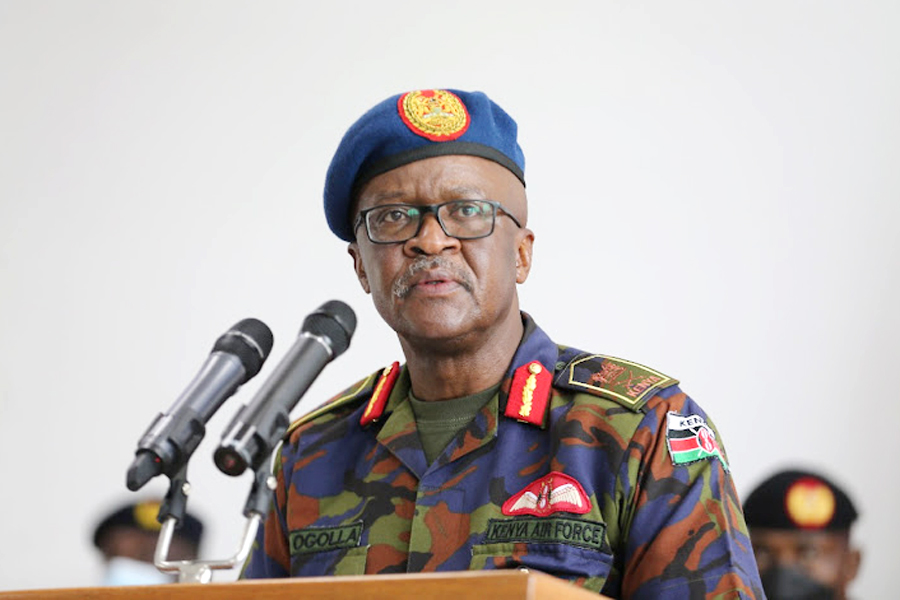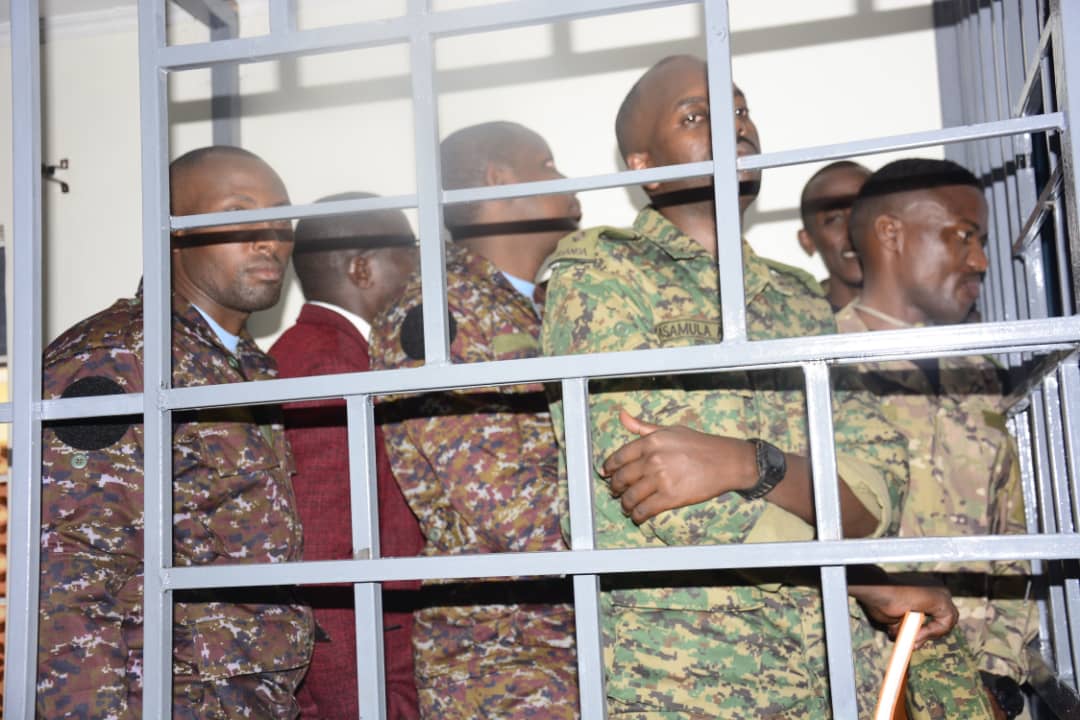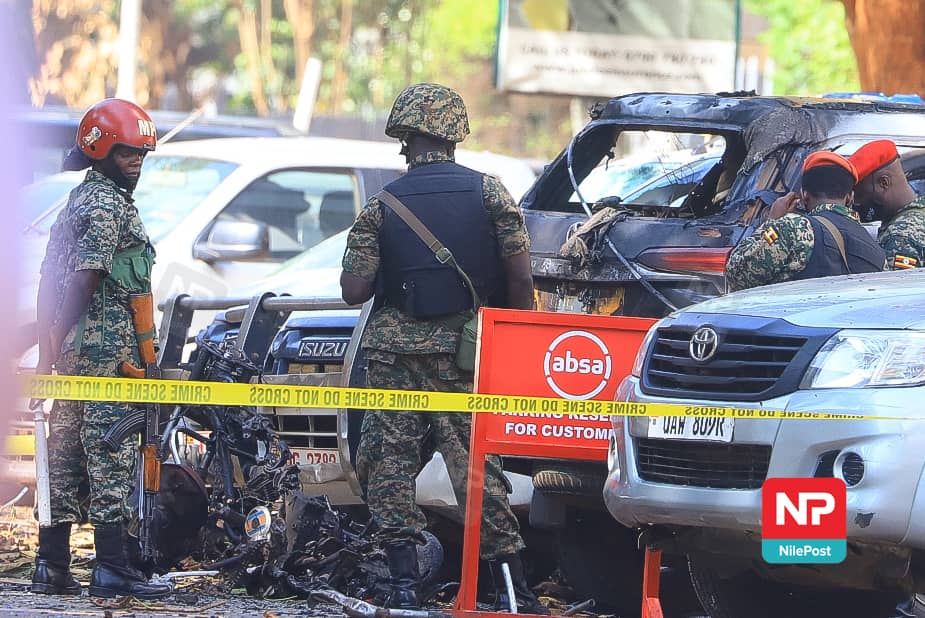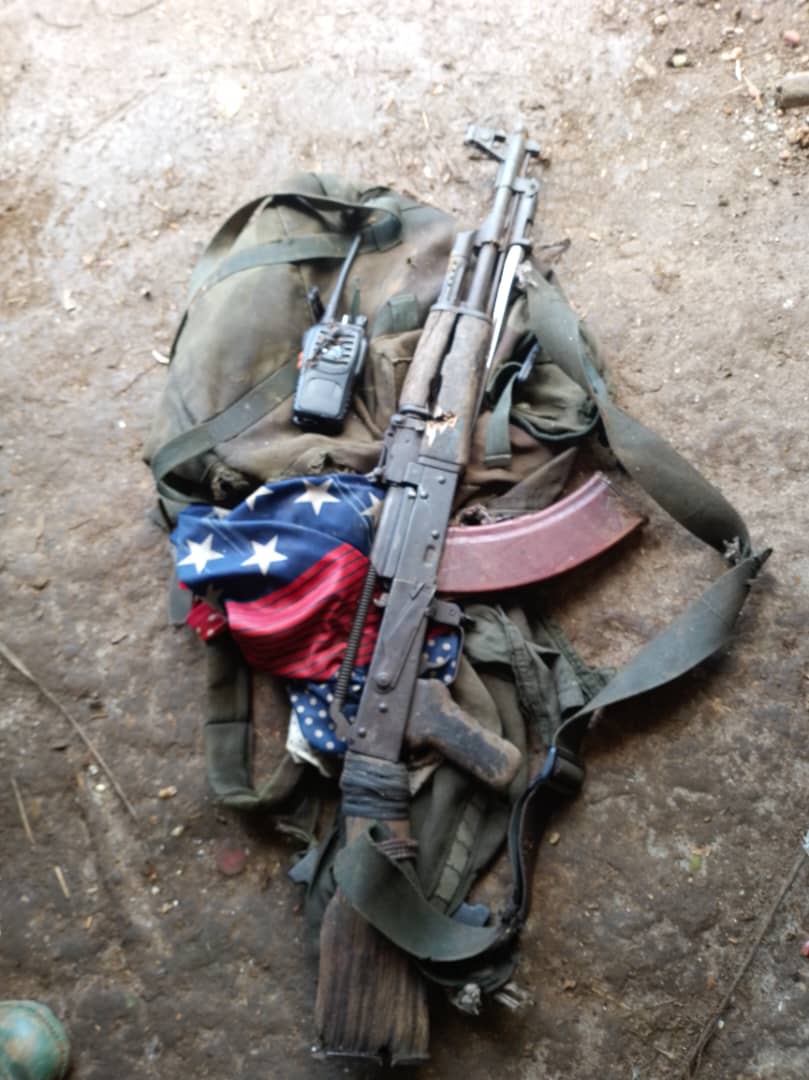Opinion: UPDF's incursion into DR Congo should be guided by international laws
By Dr Solomon Muchwa Asiimwe
Keep Reading
The Uganda armed forces entered the DRC territory again as confirmed by Brig Flavia Byekwaso, the UPDF spokesperson in the twitter press release on 30th November 2021.
The entry was occasioned by the national security concerns and the need or desire to dislodge or annihilate the Allied Democratic Forces (ADF) that are currently domiciled in the eastern part of the DRC.
We have been informed that Uganda is in a joint military operation with the DRC army after Congo’s President Felix Tshisekedi invited Uganda’s troops to enter Congo to conjunctively with the Congolese army fight the rebel group blamed for so many attacks in eastern Congo and recently for the terrorist attacks in Uganda.
The manner of the entry of the Uganda People’s Defence Forces into the Congo has raised legal questions, though. It should be observed that Uganda has traced the recent terrorist attacks in Kampala to the ADF which is now an affiliate of ISIL, which claimed responsibility for the attacks anyway.
Therefore, Uganda as a Sovereign member State of the UN is entitled with the right for self defence to pursue the enemy up to where he is located.
Article 51 of the UN Charter grants the right to use force in another territory in self-defence if an armed attack occurs; until the Council has taken the necessary measures.
However, it is important to reminisce that the International Court of Justice (ICJ) on December 19, 2005, rejected Uganda’s claim that Uganda conducted military operations inside Congo against the ADF in self-defence under Article 51 of the UN Charter, even if Congo had withdrawn its consent to such operations in September of 1998.
The ICJ reasoned that self-defence under the Article 51 applies to a response to an armed attacked by a state, or armed bands or irregulars sent by a state or acting on behalf of a state—which was not the case.
The ADF had acted on their own against Uganda without the involvement support or instigation by the Congolese government or army, and therefore, Uganda could not claim a legal right to self-defence under Article 51 of the UN Charter.
Thus, in the absence of the legal claim of self-defence under international law, Uganda only acted legally and rightfully on the Congolese territory while the Congolese government gave consent to her military operations before September 1998.
In the incumbent operation, however, Uganda has even been invited by President of the DRC which clears the issue of aggression or unlawful use of force on another sovereign state’s territory by Uganda.
Still, the those involved in the incumbent operation, including the President and the commanders have to mind about the laws that govern armed conflicts.
I suppose they are alive to the just war principles that deal with the justification of the “why” (Jus ad bellum) and the “how” (Jus in bello) wars are fought. The rules of jus ad bellum (why) are addressed, first and foremost, to heads of state since they are the ones who set their armies in motion.
If they fail in that responsibility, then they commit the crime of aggression. For any resort to war to be justified, a state hence (the leader), must fulfill each and every one of the following six requirements;
- Just cause; which means a state may launch a war only for the right reason. For instance, Uganda is claiming to redress a wrong suffered by self-defense against an armed attack from ADF who are on the Congolese territory.
- Right Intention; which means having the right reason for launching a war is not enough. The actual motivation behind the resort to war must be morally appropriate. Things like power, land grab or ethnic hatred are ruled out.
- A war is just if it is authorized and waged by a legitimate authority. This means that a state may go to war only if the decision has been made by the appropriate authorities and in Uganda it is the Parliament and the President. Unfortunately, the parliament of Uganda has not authorized the military operation, which casts doubt on the legality of the operation, especially since it doesn’t appear have been as a result of an emergency situation. The Uganda government has been conferring with the DRC government seeking consent to clear the ADF from Eastern Congo, before the ADF levied recent terrorist attacks. Yet, that an ingredient for a domestic legal and political debate. Under international law, however, the consent of the DRC suffices to lend credence to the operation’s legitimate authority question.
- Last Resort; which means that a state may resort to war only if it has exhausted all plausible, peaceful alternatives to resolving the conflict in question, in particular diplomatic negotiation.
- A probability of success; the peace, established after war must be preferable to the peace that would have prevailed if the war had not been fought.
Generally, it can be safely said that the operation satisfies the jus ad bellum criteria, especially to the extent that questions as to the legality of the operation under international law do not exist.
Therefore, those acting on behalf and in the name of the people of Uganda need to heed the jus in bello (how). Jus in below refers to justice in war, or to the right conduct in the midst of a battle or a war.
The commanders in the current DRC operation must take note that the responsibility to adhere to just in bello norms falls primarily on their shoulders and on the shoulders of officers and soldiers who formulate and execute the war.
A state could have resorted to war justly, but it may be prosecuting that war in an unjustified or legal manner.
There are three widely recognised rules under just in below;
- Discrimination; which means that soldiers are only entitled to target those who are, engaged in harm with them. They must discriminate between the civilian population and combatants.
- Proportionality; which means that soldiers may only use force that is proportional to the end they seek. Indiscriminate weapons such as anti-personnel landmines; mines; poison; explosives discharged from balloons; rockets; cluster bombs; booby-traps’ incendiary weapons; etc , are usually seen as being out of proportion to legitimate military ends.
- No Means mala in se; which means soldiers may not use weapons or methods which are “evil in themselves” These include mass rape campaigns genocide or ethnic cleansing; torturing captured enemy soldier.
Therefore, our leaders and the army prosecuting operation ‘Shujaa’ should observe the above principles. If they fail in their responsibilities, then they commit war crimes.
The author is an Associate Professor of International Relations and Security Studies at both Uganda Martyrs University and Nkumba University.



















